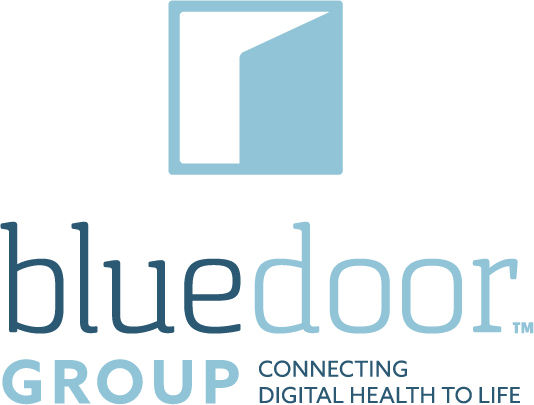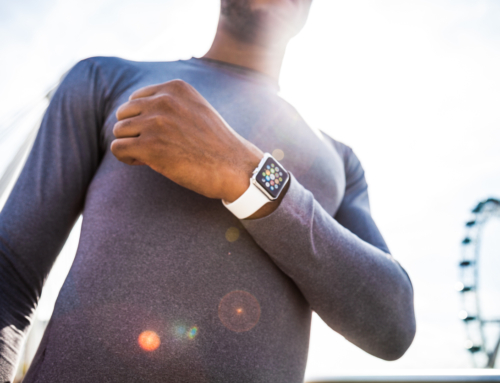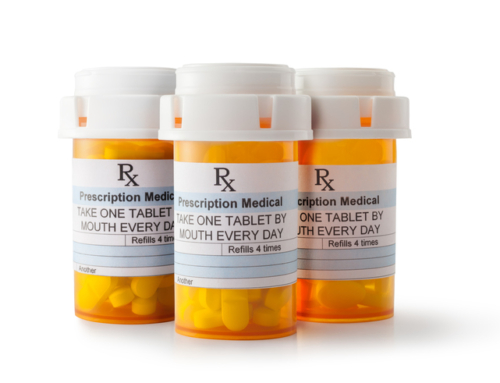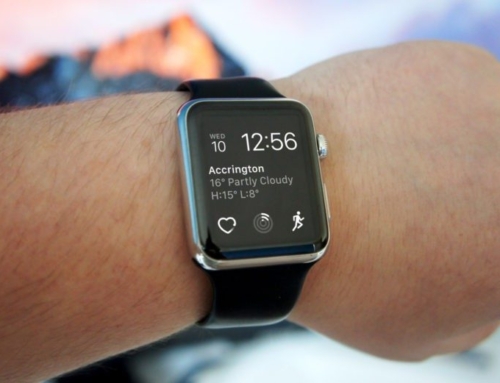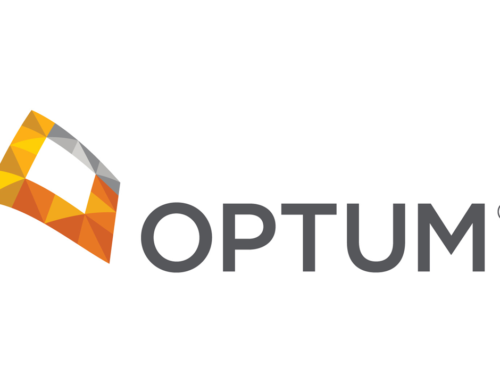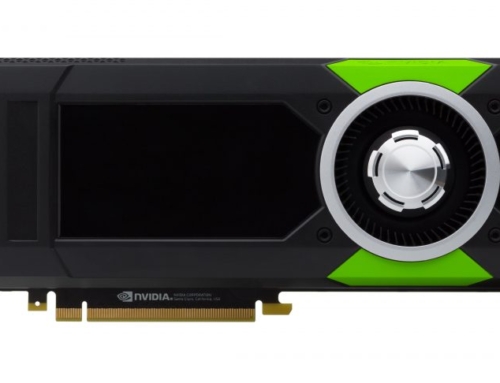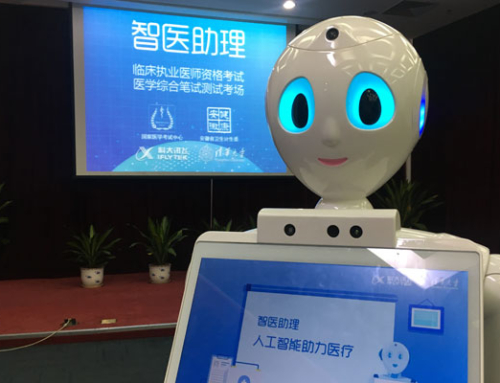By Jeff Lagasse | July 21, 2017
The FDA has been a busy agency these past few months. The second quarter of 2017 has seen a flurry of clearances, many for technologies that continue the trend toward mobile, or even wearable devices. It’s been a good period for those with diabetes, sleep disorders and traumatic injury, not to mention those just looking to maintain and manage their health – with a little digital help, of course.
Consumers with diabetes may be interested to know about Sanofi, which released an app that allows them to monitor insulin dosages; Intuity Medical, meanwhile, recently got the green-light for its Pogo blood glucose monitor. EnsoData hopes that its newly-cleared EnsoSleep sleep analysis software will cut down on the time necessary to analyze a sleep study, which may have those with respiratory-related sleep disorders resting a little more easily. And MindMaze has the go-ahead for its motion capture technology used to treat traumatic injury and stroke patients.
Especially notable is the FDA’s thumbs-up to 23andMe to sell its direct-to-consumer genetic test kits, after telling the company to stop selling its kits nearly three and a half years ago. The kits provide information about an individual’s risk to certain diseases such as Alzheimer’s or Parkinson’s disease.
Here are the companies that received FDA clearance in the second quarter of 2017:
Following in the footsteps of Eli Lilly and Roche, Sanofi quietly received FDA clearance for a smartphone app with a built-in insulin dose calculator. According to FDA documents, the app, cleared at the end of March, is called My Dose Coach. A pending trademark application gives a more in-depth description of the app, describing it as “downloadable software in the nature of a mobile application for use by patients with diabetes, for calculating and monitoring insulin dosages.” The trademark application also suggests the app will contain some kind of database of diabetes information. It’s one of a small number of FDA-cleared insulin dosage calculator apps. More
Madison, Wisconsin-based EnsoData received FDA clearance for its sleep analysis software called EnsoSleep, which uses machine learning to analyze sleep quality and aide in diagnosis of sleep or respiratory-related sleep disorders. It’s intended to reduce the time it takes to analyze a sleep study by interfacing with polysomnography systems and intelligently automating, analyzing and generating a report of sleep data. The software integrates with existing lab workflows to detect sleep staging, sleep-disordered breathing, apneas and leg movements. More
Cardiac Insight, a Kirkland, Washington-based company that makes a portable, Bluetooth-connected EKG device for athletes, received an FDA clearance for the Stealth System S300, a prescription-only continuous ECG recorder that can be worn for seven days. The device appears similar to (and in fact lists as a predicate device) iRhythm’s ZIO patch. Like the ZIO patch — and unlike Cardiac Insight’s existing CardeaScreen device — the Stealth System isn’t wirelessly connected: the data has to be manually downloaded via a cable after the patient finishes wearing it. Nevertheless, both devices provide a significant improvement over Holter monitoring in terms of cost and ease of use. More
Intuity Medical, the diabetes management technology company that closed a $55 million funding round in January, received clearance for a software update to its Pogo blood glucose monitor. Pogo received FDA clearance in April 2016, and consists of a test port, lancets and lancing device in one compact meter and cartridge system, which allows users to quickly perform a glucose test discreetly in public settings or when they are pressed for time. More
Rochester, New York based medical imaging company CareStream received 510(k) clearance for SmartGrid, a new feature that will be added to its DirectView DR software. SmartGrid is an algorithm that cleans up certain kinds of noise on particular radiological images. The feature “is designed to improve contrast and reduce the appearance of scatter in radiographic images that have been acquired without a physical grid” according to clearance documents, which also explain that the clearance includes “an algorithm for estimating and removing scatter from radiographic images.” More
Swiss neurogaming company MindMaze has received FDA clearance for its MindMotion Pro platform, a motion capture system similar to the Microsoft Kinect which can be used in rehabilitation of stroke and traumatic injury patients. It’s designed for use in the hospital as soon as patients start their rehabilitation. For stroke victims who have lost the use of the left hand but retain the use of the right, for instance, the computer will project a virtual reality depiction of the nonfunctional left hand, which is controlled by the patient’s movement of the working right hand. This can trick the brain into kickstarting the functionality of the other hand. More
The FDA granted a second 510(k) clearance in May to CareTaker, a Charlottesville, Virginia connected medical device company. CareTaker’s device of the same name is a wearable, connected blood pressure and heart rate sensor that originally received clearance in spring 2016. CareTaker is worn on the wrist with a cuff that’s looped over the index finger. The device measures blood pressure and heart rate continuously and sends the data to an Android phone or tablet, or directly to a hospital via cellular networks. The device can also be used as a wearable hub for collecting and displaying, on the tablet screen, data from other connected devices, including glucometers, weight scales, thermometers and spirometers. The newest clearance allows the device to be used without first being calibrated with a traditional upper arm blood pressure cuff. More
Dublin, Ohio-based Monitored Therapeutics, Inc. (MTI) received FDA 510(k) clearance for its connected spirometer, GoSpiro. The device, which calculates diagnostic-quality air capacity measurement, was designed specifically for use in a non-clinical setting. As calculations are performed inside the device, GoSpiro can work with any smartphone, tablet or computer without the need for separate FDA submissions. GoSpiro has been clinically-validated to measure lung function quality in the patient’s home with accuracy levels as robust as hospital and laboratory systems. More
Ashkelon, Israel-based Oxitone Medical has received FDA clearance for a wristworn pulse oximeter that doesn’t require a finger clip. According to the company, the device – the Oxitone 1000 – can pick up SpO2 and pulse rate with the same accuracy as traditional fingertip pulse oximeters. Despite the consumer-friendly form factor, Oxitone is targeting the clinical market; the design of the wearable is an adherence play, as the company hopes that a more comfortable device will be worn more consistently by home monitoring patients than a bulky fingertip unit. Measuring from the wrist also allows patients’ blood oxygenation to be monitored while they participate more naturally in everyday activities. More
Dexcom’s Share app, which allows users to view and share data from their G5 continuous glucose monitors, is now available for Android users after receiving its FDA clearance in June. The launch is a long time coming, as iOS users have had access to the app since 2015. Regulated Android apps can be slower to market because, unlike iOS apps, they have to work on a wide range of devices from different manufacturers. Additionally, Dexcom has said in the past that the Bluetooth LE technology Dexcom Share uses wasn’t available for Android at the time the app was originally developed. More
Berkeley, California-based Eko Devices received FDA clearance for Duo, a smart heart monitor that is a combination of a digital stethoscope and portable electrocardiogram. Duo is intended as a prescription-only screening tool as part of an at-home monitoring plan, and it works with a companion app for remote monitoring or diagnosis. The idea is to keep continuous tabs on patients at risk for heart failure rather than relying on in-office visits that are inadequate in monitoring such complex medical conditions. More
San Diego-based Clarify Medical received FDA 510(k) clearance for its core technology, a handheld, smartphone-connected phototherapy device for treating various skin conditions. The device can deliver narrow-band ultraviolet light, a treatment that has been studied and proven effective for certain skin conditions. Users need to have a prescription from their doctor to use the device, and the technology can connect a patient to their doctor, allowing the doctor to follow treatment progress as well as set a treatment schedule for the patient. More
Nanobiosym, the Cambridge, Massachusetts-based digital health company whose Gene-RADAR scanner won the Nokia Sensing X Prize a few years ago, was granted Emergency Use Authorization from the FDA for its Zika Virus Test in April. EUA is a special clearance pathway the FDA uses for devices that address an immediate public health crisis like Zika. Devices authorized under EUA aren’t cleared or approved and can only be used to address the crisis at hand. While FDA has cleared a number of Zika tests under EUA previously, Gene-RADAR has several advantages over the others: The device is small and can be used onsite at a hospital, rather than doctors having to ship samples to a lab to be tested by a much larger device. The device also has less of a false positive problem than antigen/antibody tests, another kind of assay that’s been cleared. More
In a true first, the FDA is allowing 23andMe to sell its direct-to-consumer genetic test kits that provide information about an individual’s risk to certain diseases such as Alzheimer’s or Parkinson’s disease. 23andMe’s $199 genetic tests are available with the FDA’s blessing nearly three and a half years after the agency first ordered 23andMe to immediately stop selling its testing service for genetic risks, citing a lack of evidence to support the efficacy of tests (although the company was allowed to continue selling its popular ancestry tests it has offered since 2007). That led 23andMe to re-launch a toned-down version in late 2015, which gave consumers reports about their “carrier status” of certain conditions but not a genetic health risk. In the meantime, they didn’t avoid the FDA, but doubled down on their clinical validation to finally land the agency’s approval. More
